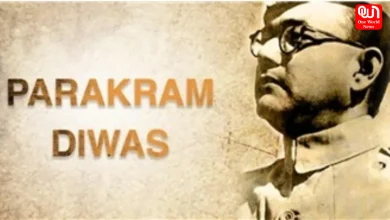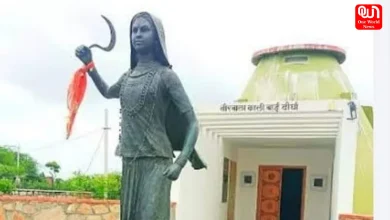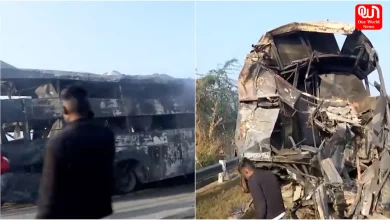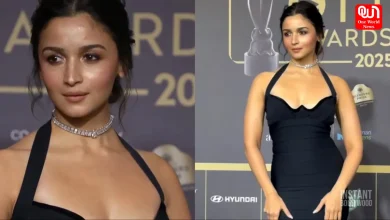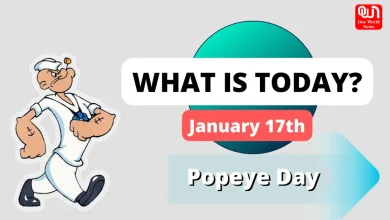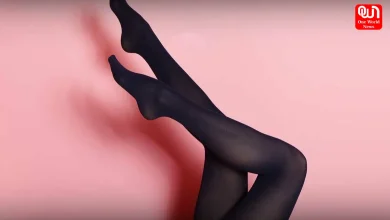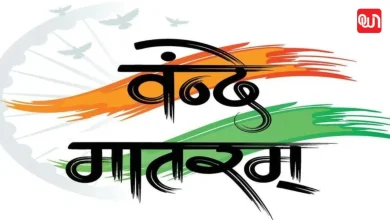The Watchful Gaze: Censorship in Creativity
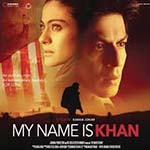
The Watchful Gaze: Censorship in Creativity
Films and politics have had a strange relationship. The depiction of the political scenarios and the dramatization of the lives and times of politicians are a constant source of fodder for the cinema creators. There is a sort of mysticism around the powerful public figures and the lives they lead; cinema becomes a way to catch a glimpse of their inner worlds. There is much to be gained for politics as well from movies as they play a role in influencing the mind sets of people and are instrumental in generating large scale support for various causes. The recent Swacchh Bharat Abhiyaan is a prime example of the government generating awareness with the help of popular celebrities extending their support for the cause.
However, this mutually satisfying relationship also has its own trials and tribulations and every now and then a dark cloud forms over their association. Especially when the portrayals of communal and social issues are highlighted, authorities like the Central Board of Film Certification (CBFC), Information and Broadcast Ministry, and state governments raise their concerns.
The problem at hand is, whether such an authority over the creative process is valid, or justified. A host of directors, especially, the ones who dabble in such genre of films, vilify the role of such authorities as an oppressive system that disturbs the flow of creativity. The response of the authorities is that they need to censor any content that can create upheaval and discord in the society.
One criticism directed towards the Censor Board is that their criterion for allowance is very narrow and as a consequence the underlying themes of the film go unnoticed.
Attention to this issue resurfaced now, when forty years later, M.S. Sathyu’s film GaramHawa, written by KaifiAzmi is being re-released this Friday. A film quite ahead of its time, GaramHawa, addresses all those issues which are relevant in our society today like struggles against society’s stereotyping tendencies and the frustrations of the youth. However, in 1974 when this film was released it received a rejection certificate by the CBFC, on the grounds that it could create communal disharmony. Set in a post-partition Agra, it is a story about a Muslim man who chooses to stay on in India rather than going to Pakistan.
The criticism directed towards the CBFC is their inability to appreciate the nuances of the film which is a sensitive and elegant portrayal of the trials and tribulations of the post-independence period. At the time, when this film received a rejection certificate, none other than the then Prime Minister Indira Gandhi came to its aid insisting that the film be passed with no cuts.
This relationship between the glamour of films and power of politics has suffered through a test of time, and on the way several films bore the brunt of it, few survived and a few challenged the authority. Here’s a list of few of the films who did and did not make the final cut!

Aandhi Movie Poster
Aandhi: Directed by the legendary Gulzar, in the year 1975, faced its fair share of hurdles at the political front, when the Ministry of Information and Broadcasting banned the film. Modeled on the life of Indira Gandhi, Suchitra Sen played the role of Aarti Devi a prominent woman politician and highlighted the difficulties faced by a woman in the world of politics. Gulzar issued statements claiming the character wasn’t based on Indira Gandhi and made new edits to the film, which enhanced the proactive and self-serving nature of the character. The film received a limited release in 1975 and was banned during emergency. Though post 1977, once the ruling party suffered defeat, the film gained popularity.

Kissa Kursi Ka Movie poster
Kissa Kursi Ka: Directed by AmritNahata in 1978, and starring actors like ShabanaAzmi and Raj Babbar, this film suffered intense wrath of the political groups. The prints of the film were confiscated and burnt as the content was considered highly volatile. The film was a political satire aimed at the Gandhi family, and made references to Sanjay Gandhi.

Kaum De Heere Movie Poster
Kaum De Heere: This is a recent one set to release in August 22, 2014 the movie is barred from release in India. Directed by Ravinder Ravi, the Punjabi film is based on the assassination of Indira Gandhi. Unanimously decided by the Information and Broadcast Ministry, Home Ministry and CBFC, the movie has been banned from release based on the fear that it may inflame the communities of Punjab and other northern states.

Madras Cafe Movie Poster
Madras Café: Released in August, 2013 Madras Café was a political espionage thriller by ShoojitSircar. This film came under the scanner after Tamil activists alleged that it portrays the LTTE cadres in a negative manner and as a consequence was not released in Tamil Nadu due to security concerns. The film represents the Sri Lankan Civil War and the assassination of former Prime Minister Rajiv Gandhi in 1991. Even UK chains, like the Cine World were forced to stop screening the film.

Ohh My God Movie Poster
Oh My God: A 2012 film, directed by Umesh Shukla and starring Akshay Kumar in the role of none other than “God” himself! The film received severe criticism as it was a satire on the age-old religious belief systems of people and the notions of God. Political groups like the Vishwa Hindu Parishad and the Hindu Jana jagruti Samiti were some of the many groups that lashed out at the film. Despite the severe criticism, it was one of the biggest hits of 2012.

Student Of Year Movie Poster
Student of the Year: Another Karan Johar romantic flick, though a sensational hit, had an FIR filed against them by an NGO in Indore against the producers of the films and Red Chilli’s Entertainment. Their complaint was against the song “Radha” which describes the mythological figure as “sexy” which has been severely condemned. Various political groups including a few leaders of BJP were thoroughly displeased with the lyrics of the song finding them blasphemous. Despite the reaction, the movie makers refused to bow down and the song wasn’t excluded from the film.
Rockstar: Directed by Imtiaz Ali, released in 2011, this film was also targeted by the censor board on the issue of the free Tibet flag being waved in the background of the popular song “SaddaHaq”. The CBFC ordered to blur the flag before the release of the film, which Imtiaz Ali denied point blank. However, under the growing pressure the whole sequence had to be removed from the film.
Aarakshan: Another 2011 film, directed by Prakash Jha and starring an elite star cast like Amitabh Bachan, Saif Ali Khan and Kareena Kapoor, received backlash for various reasons. The Pro-Dalit groups in Kanpur protested against the casting of Saif Ali Khan of royal background as a Dalit. They considered this as an insult to them. Banned in the states like UP, Punjab and Andhra Pradesh way before release due to its powerful scenes and dialogues, the fear of the government was that it shouldn’t trigger communal tensions in the states.

My Name Is Khan Movie Poster
My Name is Khan: Directed by Karan Johar in the year 2010, this film came under pressure for very different reasons than just the content of the film. Shah Rukh Khan, the lead actor of the film, had criticized the fact that none of the Pakistani cricketers were bought by the IPL clubs. Condemned by the Shiv Sena and the following protests and demonstrations against the screening of his film ensued. Despite the denigration, Shah Rukh refused to apologize as he firmly believed in what he said and said that he was willing to discuss it with Bal Thackeray if the latter so wished.
These and many more movies have come under the scanner either by the government or by the various political groups for their inflammatory content. Even though the considerations behind every banning are to protect the society however, at the level of execution, more than just good intentions are played out. The debate remains unresolved, whether creative liberty should be at the behest of the state.

